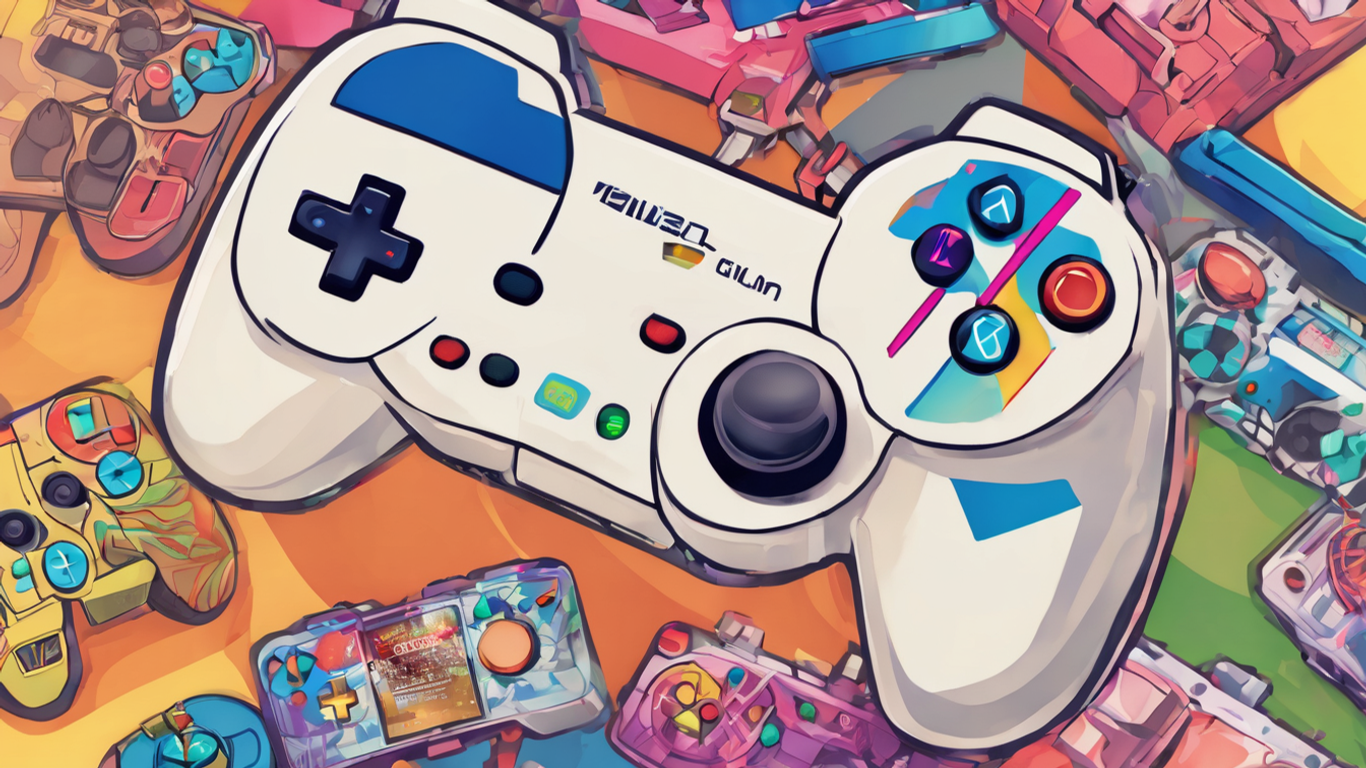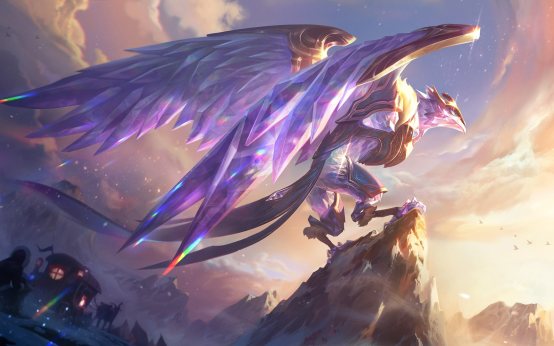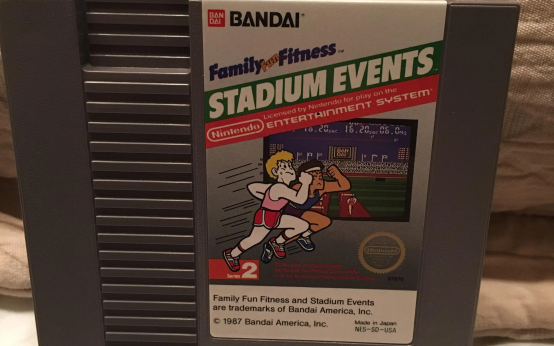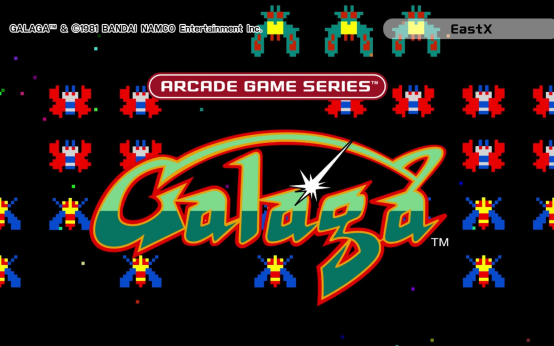In the last few decades, the world of gaming has undergone a remarkable transformation. Once relegated to the periphery of entertainment, video games have firmly established themselves as a dominant force in pop culture. From iconic characters to massive esports tournaments, the influence of games on entertainment is undeniable. This article delves into the intricate relationship between gaming and pop culture, exploring how games have shaped and continue to shape the world of entertainment.
The Rise of Gaming Icons
Characters like Mario, Sonic, and Lara Croft are not just figures in video games; they are cultural icons. These characters have transcended their digital origins to become symbols of an entire generation. The ubiquity of Mario, with his signature red cap and mustache, extends beyond the gaming world into movies, merchandise, and even theme park attractions. Sonic the Hedgehog’s cool demeanor and distinctive blue hue have earned him a place in the hearts of millions. Lara Croft’s adventures as an intrepid archaeologist have spanned not only games but also movies and comics. These characters serve as a bridge between gaming and broader pop culture, capturing the imaginations of people worldwide.

The Cinematic Experience
Video games have not only borrowed from cinema but have also influenced it in return. Games like “Metal Gear Solid” and “Final Fantasy” are celebrated for their cinematic storytelling and epic narratives. As a result, filmmakers have turned to video game franchises for inspiration. Movies like “Resident Evil,” “Tomb Raider,” and “Warcraft” have brought gaming worlds to life on the big screen. While not always critical darlings, these adaptations have demonstrated the enduring appeal of gaming narratives beyond the gaming console.
The Streaming Revolution
The advent of game streaming platforms has democratized gaming content creation. Platforms like Twitch and YouTube Gaming have enabled gamers to share their experiences with a global audience. Gamers turned content creators, known as “streamers,” have amassed massive followings, becoming internet celebrities in their own right. The ability to interact with streamers in real-time during live broadcasts has created a unique form of entertainment and community engagement. These platforms showcase the symbiotic relationship between gaming and entertainment, as gamers become both players and performers.
The Spectacle of Esports
Esports, or competitive video gaming, has grown into a global phenomenon. Esports tournaments fill stadiums, draw massive online viewership, and offer multi-million-dollar prize pools. Games like “League of Legends,” “Dota 2,” and “Fortnite” have become the focal points of this competitive landscape. Esports athletes, or “pro gamers,” train rigorously and command legions of fans. Major esports events are now broadcast on television, and even the Olympics have considered including esports as a medal event. The rise of esports has blurred the lines between traditional sports and gaming, solidifying gaming’s status as a mainstream form of entertainment.
Gaming’s Impact on Music and Fashion
Gaming’s influence extends to music and fashion. Artists like Marshmello have performed live concerts within the virtual realm of “Fortnite,” attracting millions of viewers. Game soundtracks, once considered background noise, have become critically acclaimed works of art. Games like “The Elder Scrolls” and “Halo” are celebrated for their iconic musical compositions. Gaming-inspired clothing lines and merchandise have also emerged, allowing fans to wear their favorite game logos and characters as a form of self-expression.
A Catalyst for Technological Advancement
Gaming has consistently pushed the boundaries of technology. The pursuit of more immersive and realistic gaming experiences has driven innovations in graphics, audio, and virtual reality. These technological advancements have far-reaching implications beyond gaming. Virtual reality technology developed for gaming has been applied to fields like healthcare, education, and architecture, enhancing our understanding of how we interact with the digital world.
In conclusion, the influence of video games on entertainment is a testament to the medium’s power to captivate and inspire. Gaming has not only left an indelible mark on pop culture but has also shaped the way we consume and engage with entertainment. As the gaming industry continues to evolve and expand, it promises to influence and redefine the future of entertainment in ways we can only begin to imagine. Whether it’s through iconic characters, cinematic experiences, esports spectacles, or technological innovations, gaming’s impact on entertainment is here to stay, ensuring that the two worlds remain intricately connected.

 League of Legends: A Decade of Dominance in the World of Esports
League of Legends: A Decade of Dominance in the World of Esports  The Art of Game Collecting: Rare Finds and Treasures
The Art of Game Collecting: Rare Finds and Treasures  Nostalgia Trip: Revisiting Classic Arcade Games
Nostalgia Trip: Revisiting Classic Arcade Games  Retro Gaming Revival: Nostalgia and Classic Titles
Retro Gaming Revival: Nostalgia and Classic Titles  From Pong to Pixels: A Brief History of Video Games
From Pong to Pixels: A Brief History of Video Games